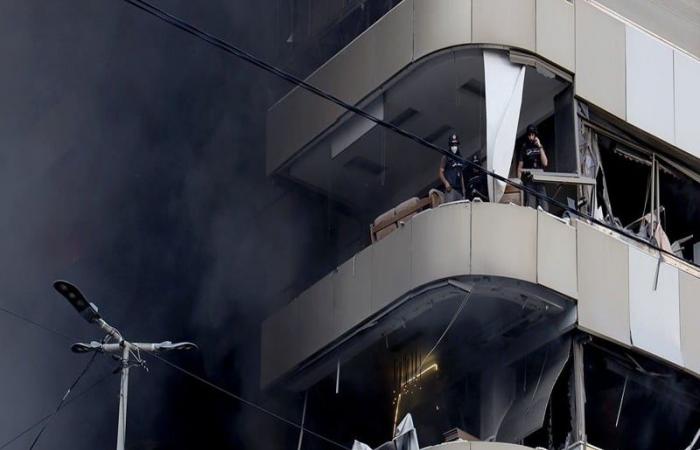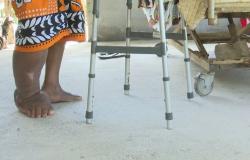The UN, through the Office for the Coordination of Humanitarian Affairs (OCHA), reported a heavy human toll in Lebanon in the space of a week.
At least 241 people lost their lives and 642 were injured between November 4 and 11, according to the Lebanese Ministry of Public Health. Since October 8, 2023, approximately 3,300 people have been killed, including 203 children and 644 women, and more than 14,000 injured.
This count coincides with reports of Israeli strikes targeting the southern suburbs of Beirut on Wednesday, November 13, 2024, preceded by an evacuation order issued to residents, targeting “Hezbollah-linked” buildings that the Israeli army planned to attack .
Continuing Israeli bombardments in southern Lebanon are exacerbating the conflict, causing new casualties, displacing communities and destroying homes and vital infrastructure.
In October 2024, at least one child was killed and 10 others injured every day, according to UNICEF, which warns of the disastrous impacts of this increased violence and forced displacement, calling for respect for humanitarian rights for the protection of children.
Israeli strikes are seriously affecting southern Lebanon, particularly in the governorates of Nabatieh, Bekaa, Baalbeck-Hermel and Mount Lebanon. In November, strikes on residential areas, particularly in northern Lebanon and in towns like Aalmat, caused heavy casualties.
The health sector is also in crisis. The World Health Organization (WHO) has recorded 44 attacks on hospitals, disrupting healthcare services and reducing the capacity of 127 health facilities, with a toll of 91 dead and 63 injured since mid-September.
Faced with this intensification of the conflict, tens of thousands of Lebanese are fleeing to safer areas or even across borders. Around 185,000 people were displaced in Lebanon last month, while 30,000 Lebanese took refuge in Iraq and more than 510,000 crossed the border into Syria. The latter, often Syrians themselves, find a Syria weakened by years of war, where 90% of the population needs humanitarian aid.
The head of UN peace operations, Jean-Pierre Lacroix, visited Lebanon to express support for peace forces and encourage a de-escalation of violence.






